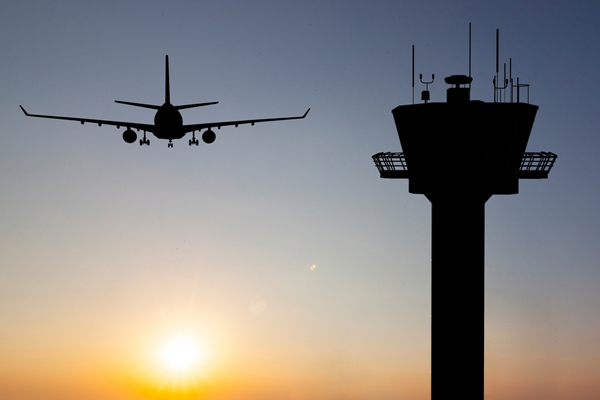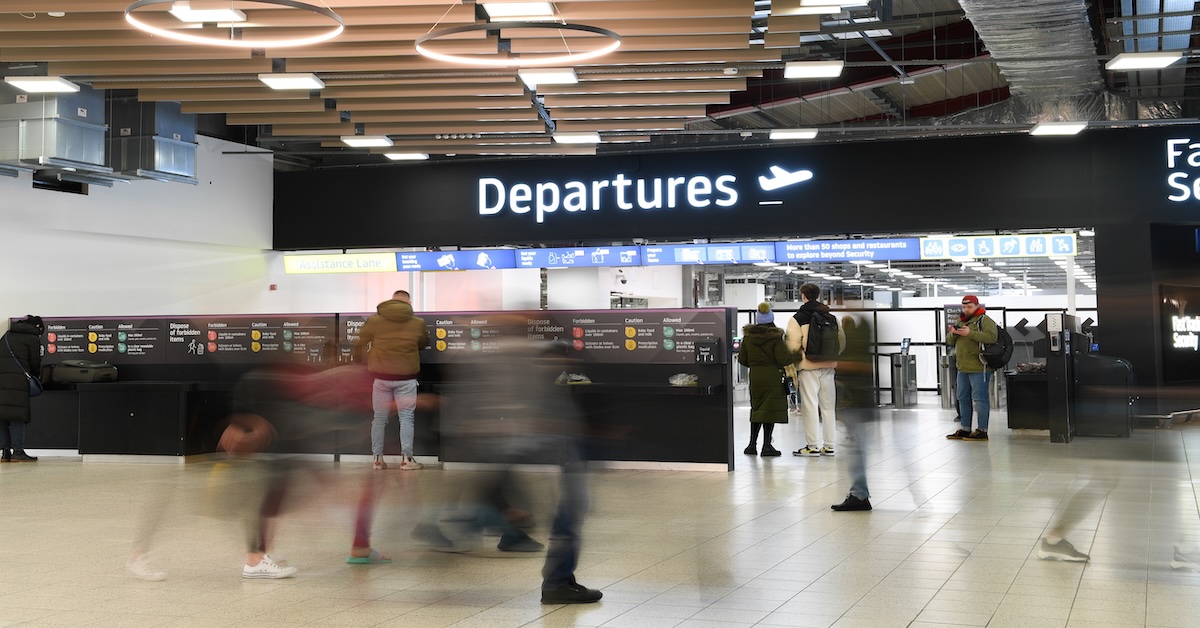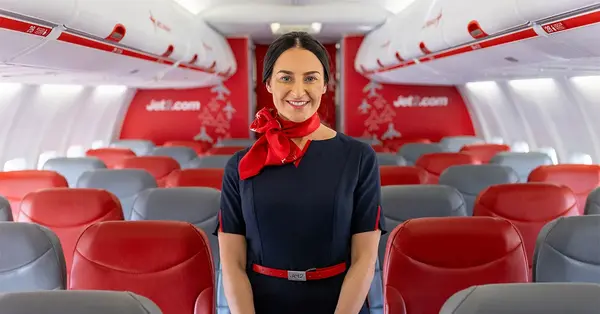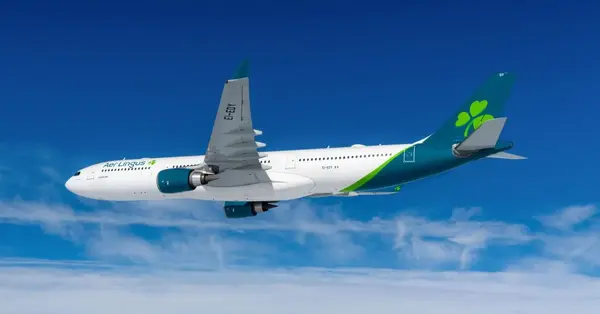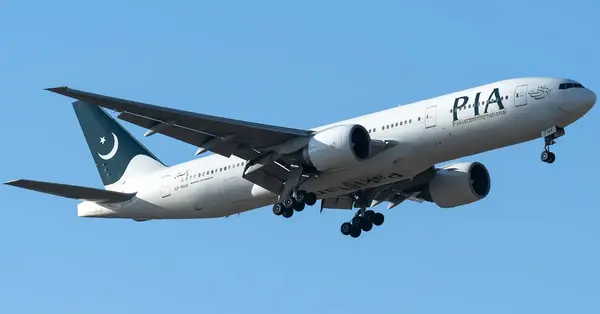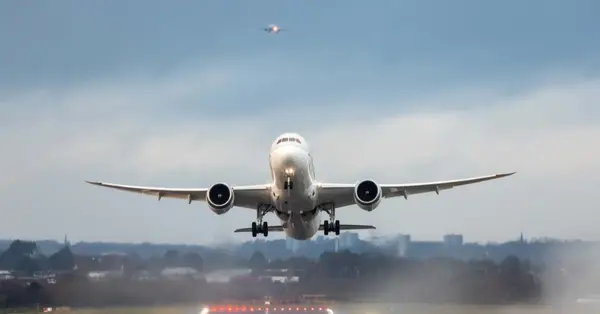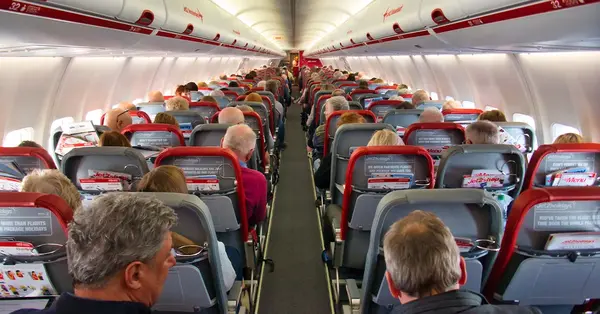You are viewing 1 of your 2 free articles
Air traffic controllers gear up for ‘busiest summer’
A record summer of flights has been forecast as most schools break up today for the July-August holidays.
Air traffic control provider Nats saw its busiest ever day on July 5 with 8,863 flights against just over 7,000 handled on a regular day.
More than 8,800 flights are expected to depart and arrive in the UK today (Friday).
Over 15% will using Heathrow (1,395 flights), followed by Gatwick (930 flights) and Stansted (650 flights).
Luton airport is expecting around 460 flights, and London City 270 flights.
Northern hub Manchester will handle around 670 flights, while Birmingham is predicted to manage 350 flights.
Glasgow and Edinburgh airports are expected to manage 300 and 460 flights respectively.
The busiest time of day for handling flights today would be 6.40am to 7.40am, with up to 650 aircraft in the UK’s skies during this single hour, according to Nats.
The air traffic control services provider said it has spent months planning for possible delays caused by strikes, staff shortages and bad weather across Europe to maintain safety and manage the surge in flights while minimising delay for passengers.
The biggest challenge as traffic continues to grow will be the network of routes in UK airspace, which is on course to be modernised to accommodate future growth.
UK airspace handles 2.6 million flights a year, carrying over 285 million passengers.
The government forecasts that number will rise to 355 million passengers on 3.25 million flights by 2030.
The UK could suffer 50 times as many delays by 2030, with one in three flights delayed by more than 30 minutes, without significant changes to the network of flight paths and air routes, Nats warned..
Nats operations director Juliet Kennedy said: “Our air traffic controllers right across the UK are working harder than ever to ensure that we maintain our safety standards and get everyone away on their holidays without delay, but we need to modernise our airspace if we want to meet growing demand and reduce the impact of aviation on the environment.”
Aviation minister Baroness Vere said: “Just like our roads and our railways, it’s imperative we ensure our infrastructure in the sky is up to date, helping more people enjoy the benefits of a cleaner, quieter and quicker aviation sector.”

